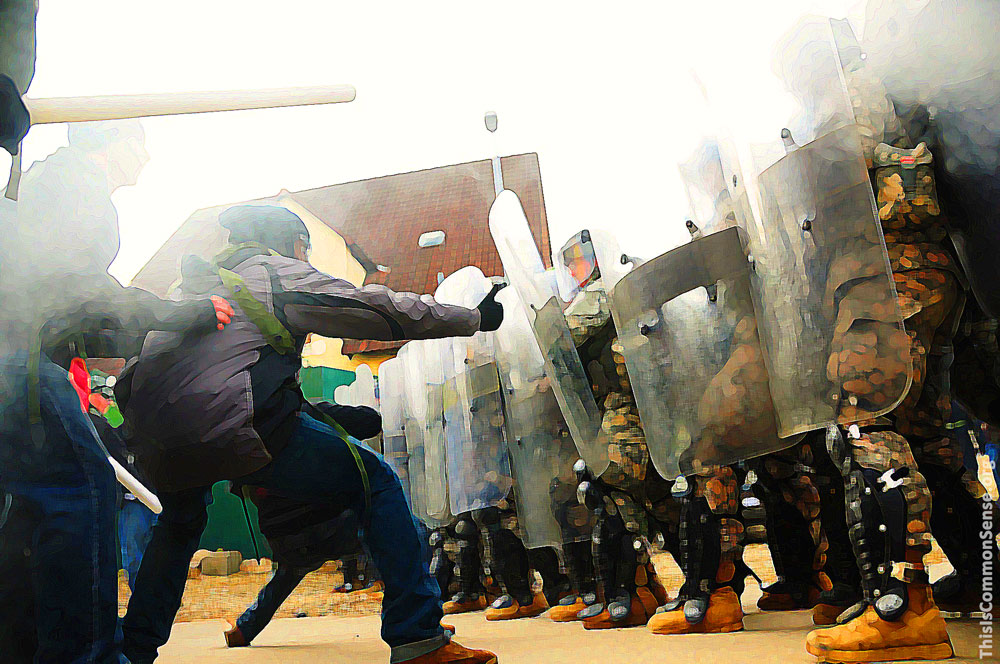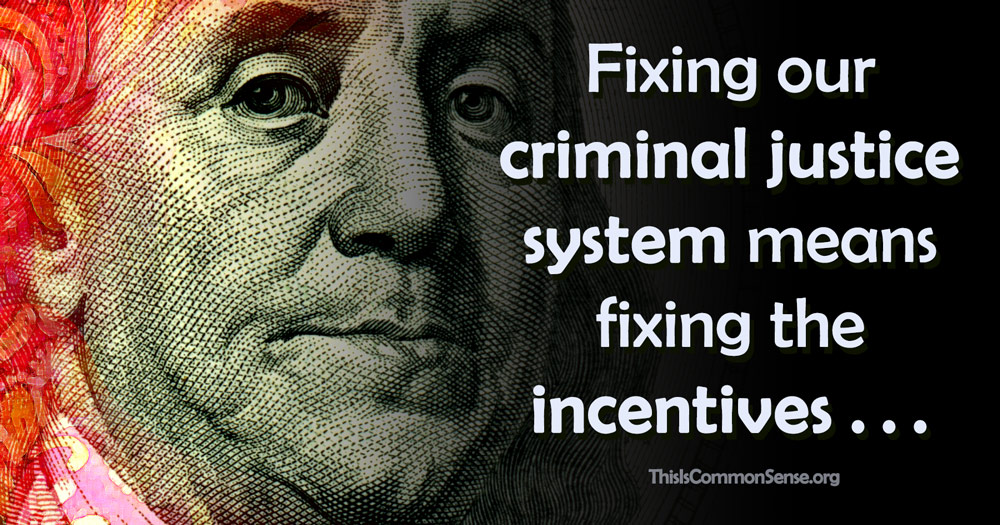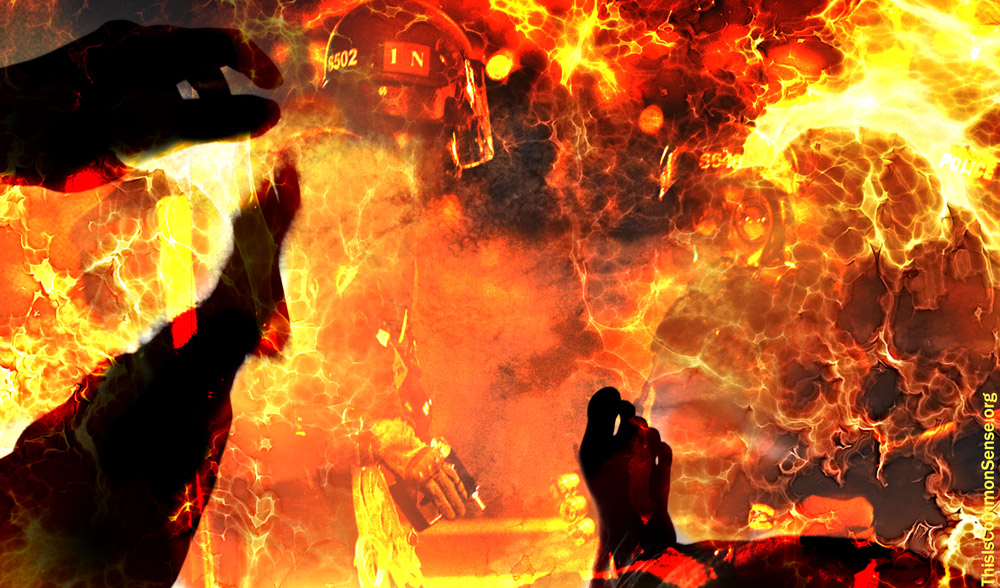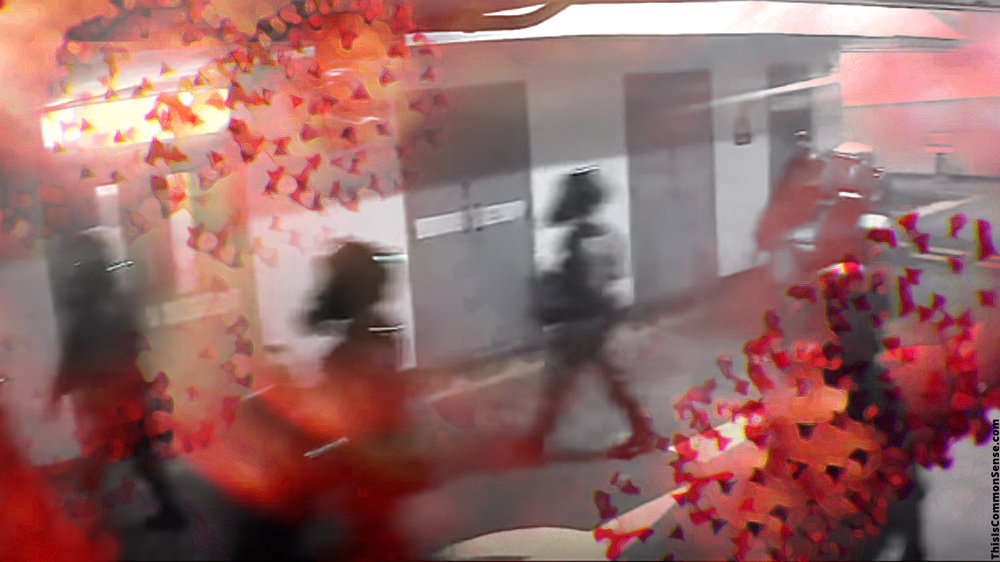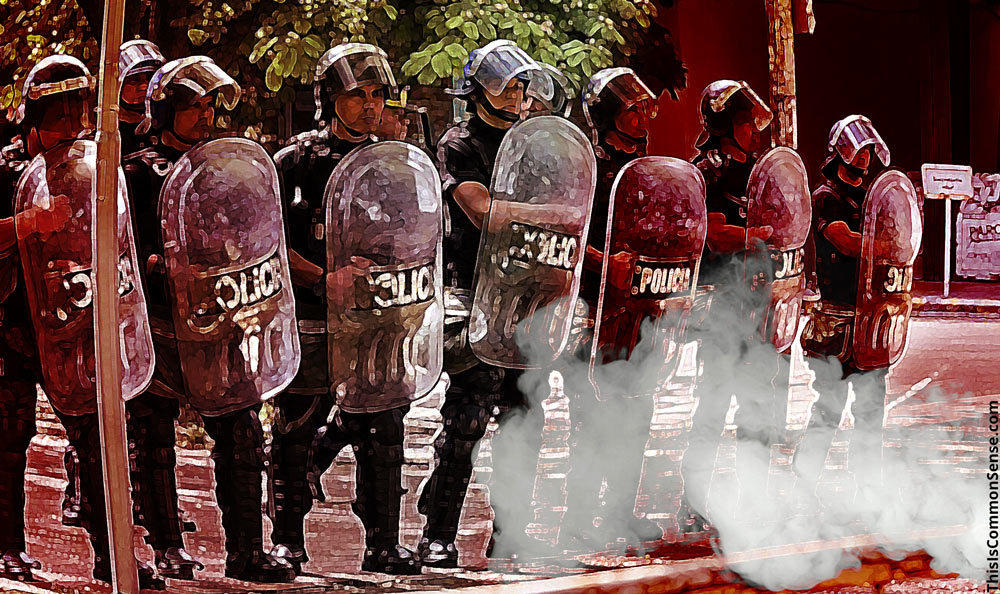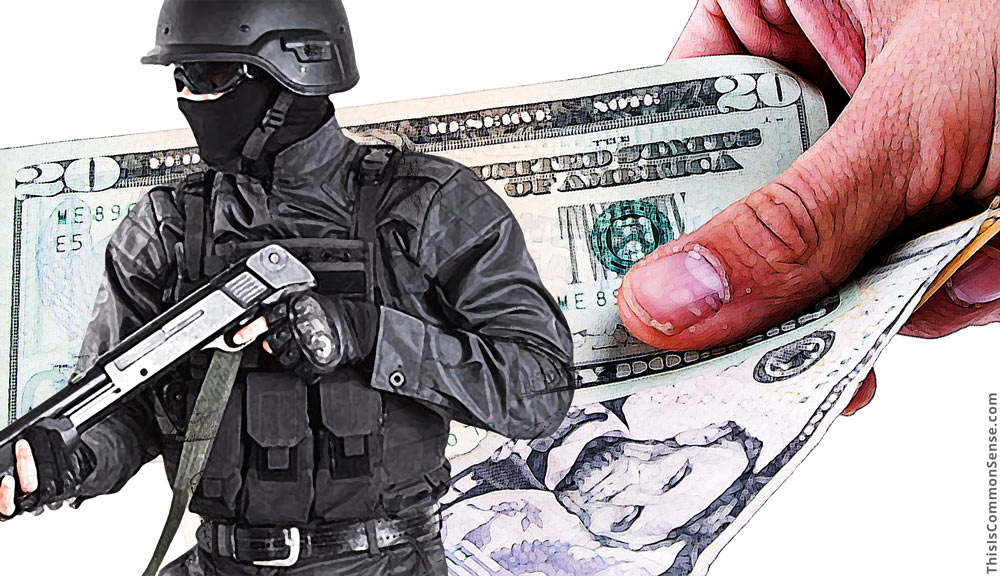Must governments act to protect you when you or your property are attacked — for example, by rioters who vandalize and burn your store?
Is the government liable if it willfully lets it happen?
Protection of life and property is the moral obligation of governments constituted for this purpose. But whether officials who ignore the obligation can be held to account is another question.
A Madison Avenue shop, Domus Design Center, is suing the mayor of New York City and the governor of New York State. In late May and early June, hundreds of businesses were damaged by rioters while Mayor de Blasio and Governor Cuomo refused to act to oppose them.
“Where are our tax dollars going?” asks the Center’s attorney, Sal Strazzullo. “Not protecting commercial properties is negligence of duty. Paying taxes that help pay the salary of the NYPD, we expect protection in return. Government is responsible to protect its citizens and businesses against criminals who want to do bad.”
Yes.
But Strazzullo’s client faces the precedents of rulings in cases like Warren v. District of Columbia, Castle Rock v. Gonzales, and a lawsuit by Parkland, Florida students against the local sheriff’s office. In these cases, plaintiffs argued that law enforcers had a positive duty to protect the plaintiffs when they were being clearly threatened.
The courts disagreed.
We must hope that there are limits to the willingness and ability of judges to avert their gaze. Otherwise, we are paying everyone in the system to look the other way when trouble comes.
This is Common Sense. I’m Paul Jacob.
Photo by Georgia National Guard
—
See all recent commentary
(simplified and organized)
